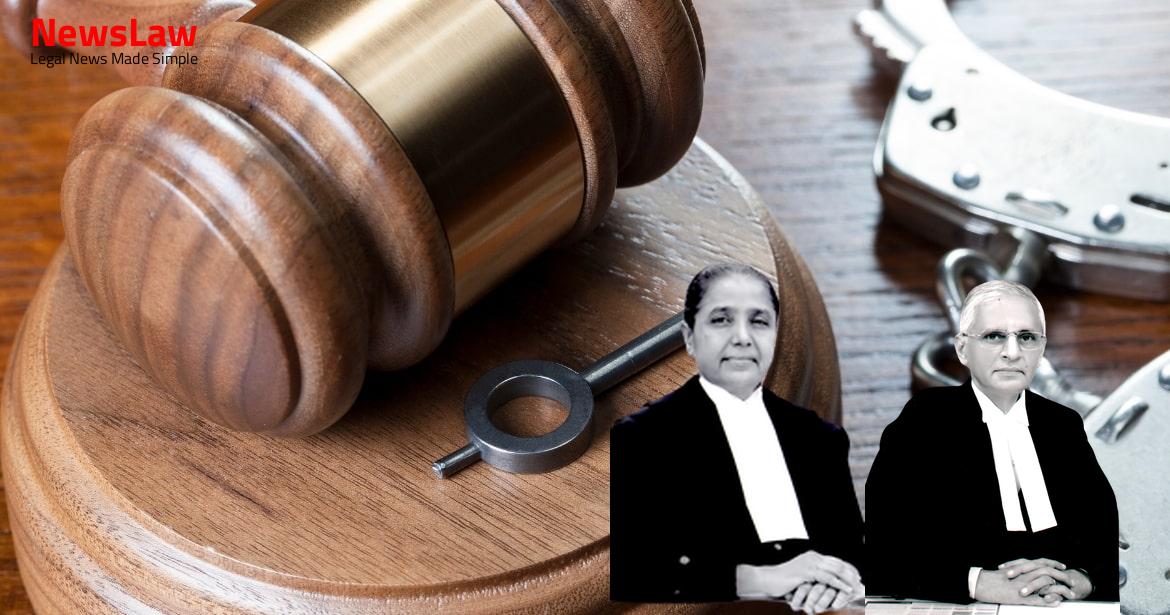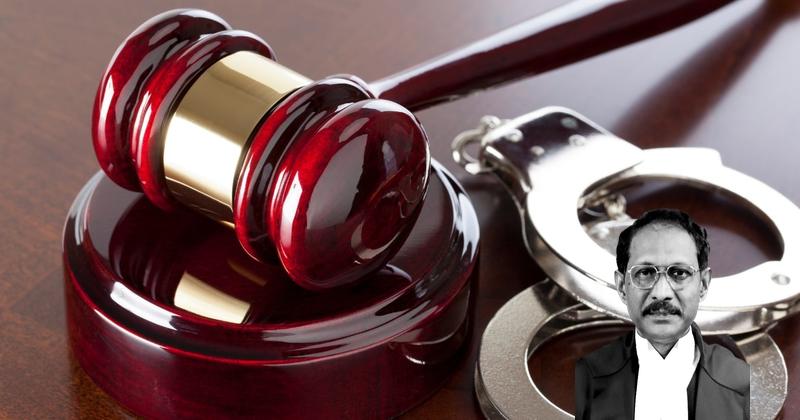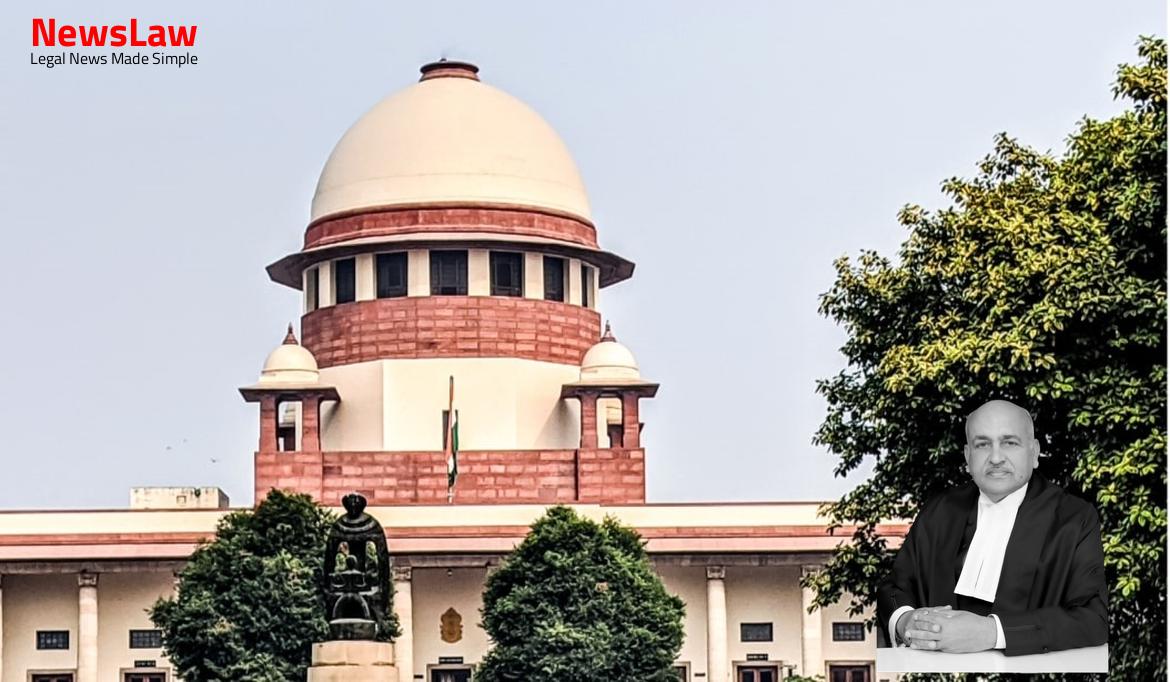In a landmark judgment, the Supreme Court of India has resolved the contentious issue of ownership surrounding the Ram Mandir. The case, involving a property dispute between the claimant and the temple, has finally been put to rest with this latest ruling. Stay tuned to learn more about the outcome and implications of this significant legal battle.
Facts
- The plaintiff, claiming to be the son of Laxmandas, asserts his right to perform pooja in the temple and cultivate the land.
- The plaintiff’s suit was for a declaration and perpetual injunction.
- The plaintiff contends that the temple and land belonged to his forefathers and were managed by his family for generations.
- Dispute arose over the deletion of Laxmandas’ name from records, with the plaintiff claiming succession rights.
- The High Court dismissed the Second Appeal, stating that the plaintiff had no legal right to the temple or land.
- The auction of the land was justified on the grounds that the plaintiff was not the appointed pujari and had no title to the land.
- Trial court decreed the suit in favor of the plaintiff, holding Ram Mandir as a private temple.
- High Court accepted the finding that the plaintiff failed to prove the temple as private.
- Lower Appellate Court set aside the trial court judgment, stating lack of evidence for the temple being private.
- Lower Appellate Court’s judgment dated 18 May, 2001, overturned trial court’s decree from 14 October, 1996.
- Respondent filed appeal under Section 96 of CPC in C.A. No. 88-A of 1999.
Also Read: High Court Acquittal Case of State of Uttar Pradesh v. Jai Prakash
Arguments
- The learned senior counsel for the plaintiff-appellant asserted the right of the plaintiff over the property.
- The learned counsel for the respondent highlighted the conclusions of the lower appellate court and the High Court, which also supported the respondent’s position.
- The High Court referred to the judgment in the case of Shri Ram Mandir Indore vs. State of Madhya Pradesh & Others from February 27, 2019.
- In this case, a similar claim was made regarding the property, but the Court ruled against the appellant and dismissed the appeal.
Also Read: Judgment Review: Supreme Court’s Ruling on the Capital Punishment Appeal
Analysis
- The plaintiff claimed ownership of the land and temple, alleging it was built by their forefathers.
- The Bandobasti Khasra indicated the disputed land as ‘Inam Devasthan’, owned by the temple.
- No objections were raised regarding the Revenue entries before the present suit was filed in 1996.
- The plaintiff’s claim of the property as a private temple was negated by the courts.
- No document of title was presented by the plaintiff to establish ownership.
- The Revenue entries did not individually name the plaintiff, only mentioning the temple and pujari.
- The High Court noted the lack of documents relied upon by the plaintiff for ownership claim.
- In a cited case, the temple itself claimed ownership with reliance on a registered gift deed.
- The absence of a substantial question on ownership in the present case was highlighted.
- The cited decision is not relevant to the appellant’s case
- The position of the cited decision does not apply to the appellant’s situation
- The decision mentioned cannot be used to support the appellant’s argument
- Ex.-D1 is an important document showing the disputed land as ‘Inam Devsthan’ of ownership of the temple.
- In Ex.-D1, the pujari has been shown as the Manager, later replaced by the District Collector, Dhar.
- The plaintiff’s claim of the disputed temple as a private temple was not proven by their statements.
- In Revenue records and Ex.D-1, plaintiff’s ancestors are shown only as Managers of the temple.
- High Court correctly observed that no substantial question of law arose in this context.
Also Read: Compromise Reached: Reddy Satyanarayana vs Narapureddy Sanyasi Rao
Decision
- If that be the position, no issue arises for consideration in the instant appeal.
- The appeal is devoid of merit and stands dismissed.
- No order as to costs.
Case Title: RAMESH DAS (DEAD) THR. LRS. Vs. THE STATE OF MADHYA PRADESH
Case Number: C.A. No.-005041-005041 / 2009



